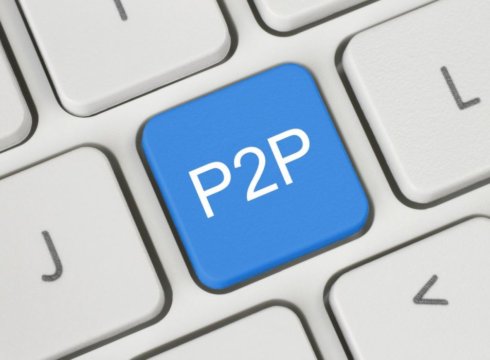SUMMARY
With Stricter Disclosure Norms And Access To Credit Bureaus, P2P Lending Companies Have A Bright Future Ahead
Inc42 Daily Brief
Stay Ahead With Daily News & Analysis on India’s Tech & Startup Economy
P2P lending market is an emerging industry within the financial services sector. Globally, it has been there almost for a decade now, but its presence in India is relatively new. Any emerging industry prefers to experiment initially without having to comply with many stringent norms. This helps fathom the dynamics that provide sustainability to the business in the long run. P2P lending industry in India also enjoyed a free run for the first few years. However, recently it was awarded the NBFC status and was brought under the purview of RBI regulations. All major players, be it i2iFunding, Faircent or i-Lend have welcomed this move.
It has been observed that, when the P2P lending industry or any other industry is prudently regulated, it attracts more participation. In terms of P2P, the regulation will increase entry of investors as well as borrowers. This is a reason why RBI regulating the NBFC-P2Ps is a long-term positive for the Indian P2P lending industry. The significance of this development in India’s context is even more crucial considering the state of India’s credit markets today.
RBI regulating the sector means dead-end for players that are looking only to generate money without adding any value. The disclosure norms have made it mandatory for the platforms to reveal the composition and the performance of the loan portfolio. As a result, all P2P lending platforms in India will have to be more responsible while making any performance claim to lure the investors or borrowers. Moreover, improved transparency would ensure a thorough credit analysis before listing any project for the disbursal.
The unavailability of any formal information on the credit behaviour of hundreds of thousands of potential borrowers has been the biggest hurdle banks face so far. As many of them are grappled with asset quality problems, because of which their risk appetite to lend to a borrower with obscure or no track record is very low. Today, P2P lending platforms are bridging this gap as far as unsecured lending is concerned. With new regulations, all industry players will get a common forum to share information about the credit behaviour of borrowers. Gaining access to the credit bureau is extremely encouraging for the industry.
Creating a niche may also become possible for the players. Depending on the experience and growth strategies of the platform, it may clearly earmark the categories of borrowers it intends to target.
The new regulations are equally encouraging for borrowers and lenders as they can seek help from the regulator in case any platform fails to discharge its duties or honour the rights of investors and borrowers. Now that all transactions are being routed through Escrow accounts managed by trustees, transactions including disbursals and EMIs will be more convenient and faster.
RBI has ensured that losses on account of assets turning bad will not not catastrophic in the future for any investor by limiting borrower’s exposure. This will help spread the risk involved in lending to more lenders. Mandatory data security will encourage borrowers to freely share the information relevant for credit underwriting. Since prudential guidelines will boost the confidence of investors, more investors will start lending at P2P lending platforms, which is a positive for all aspirant borrowers.
Note: We at Inc42 take our ethics very seriously. More information about it can be found here.


